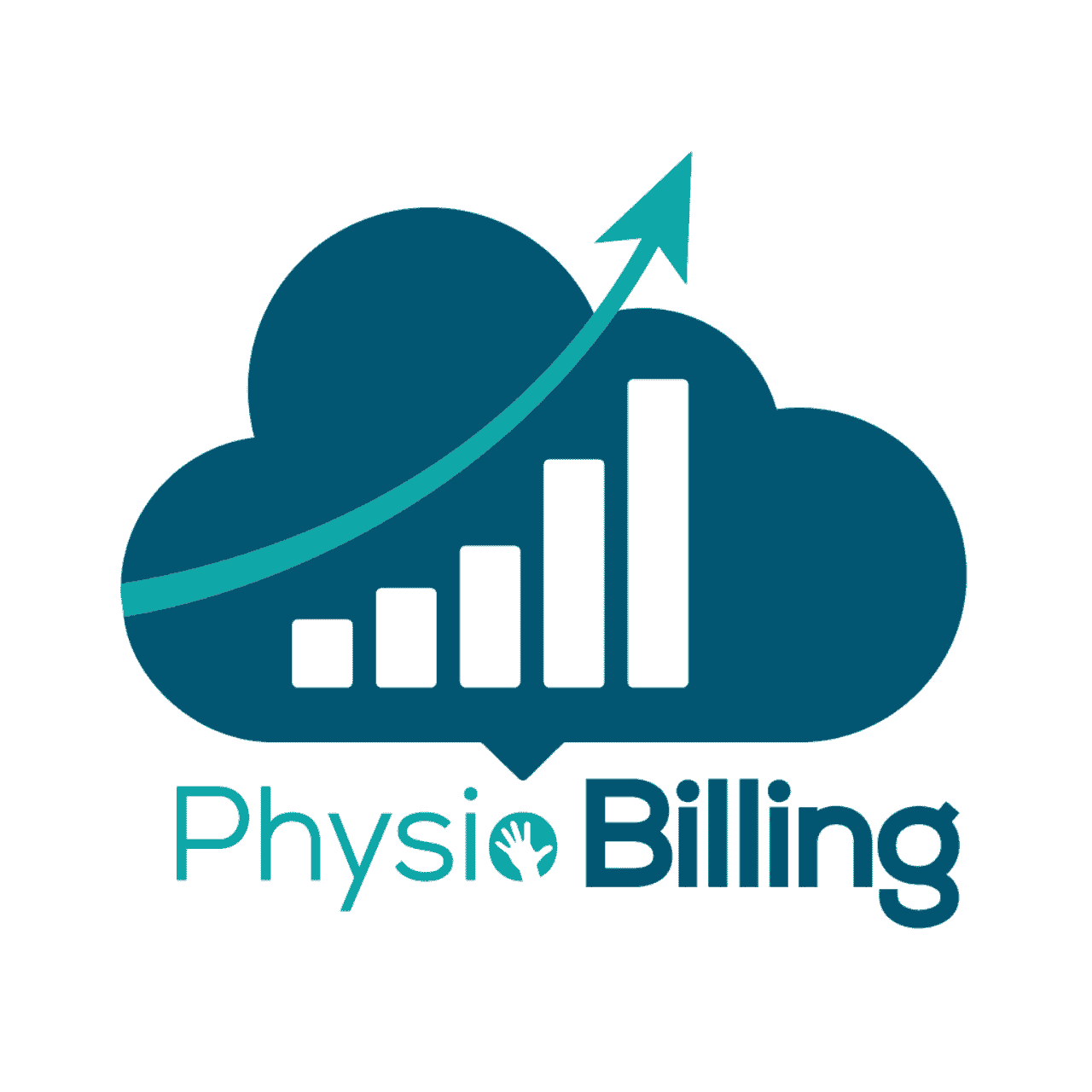Private practice billing problems originate along the billing process, each can be avoided if the system is set up to prevent it. Working in a country riddled with corruption and theft, it is no exception that patient’s may give you a false identity or deliberately provide incorrect patient details. Some of these problems create a nightmare to administrative staff, not to mention collecting owed money.
Here are some tips to look out for when you are a private Physiotherapist. Private practice billing problems that you have to watch out for.
Tips to ensure you don’t become a victim
Working in the medical industry, we as practitioners only have good intent for our patients, but what happens when people take advantage of you. The most problems we encounter are patients that use a false identity.
Unreadable handwriting
Deliberate attempt to obscure their identity by billing out a form where you are unable to distinguish any form of comprehension. The letters and numbers are unreadable. We advise you to use a online system where patients details are clear and their email address has been verified by a confirmation link.
False identity
Stolen Medical aid cards! Yes, we have encountered patients that present a medical aid card, where the details captured on the system does not match the registered patient’s details. Ensure that you are able to validate the patient’s details live.
Incorrect patient details
If the patient fills out a digital form, there could be no confusion about the digits. A phone application or online form submission at a patient registration kiosk works the best.
EFT (Electronic fund transfers)
ETF payments are a hassle, unless the payment is done right after treatment. Some practices we’ve seen even prevents the patient from leaving the premises after their session. The patient must settle the account, whether it may be with card or cash. Live claim feedback gives a quick response to allow us to ensure that funds are available to pay for consultations.
Patients that choose to pay via EFT may buy themselves time with the promise of paying, but never does. The administrative staff must send invoices constantly reminding the patient to make payment. This is a tedious process. No shop allows you to walk out with a promise that they’ll pay later via EFT, and there’s a good reason why. Rather not attempt to allow your patients to pay via EFT.
A solution may be Geo payments or Card-less transactions where the money is transferred immediately. Samsung pay or e-wallets are able to transfer funds faster without a card. Patients usually say “Sorry, I forgot my wallet” but they never forget their phone…
Platforms like Snapscan & Zapper is an good alternative. Platform fee per transaction is higher than a speedpoint, so be sure to add it to your price.
Billing Missed appointments
Patients miss their session for various reasons, and according to the HPCSA justified o bill the patient the full appointment cost. Physios sell their time, time is money. Many patients don’t respect or understand this.
Its under the discretion of the physiotherapist whether or not to bill the patient. A clear, visible notice of your practice’s cancellation policy must be visible in your reception area. This ensures patients are aware they’ll be billed if your practice is not notified in time. Practice’s ‘grace’ period vary for 2 to 24 hours before their appointment time. You can choose what you are comfortable with.
Collecting this money from your patients becomes problematic. Reasons why a patient did not attend may be unjustified. We must protect the standard of the medical profession, by making patients understand that ‘not pitching up’ for an appointment directly affects the physiotherapist.
Conclusion
These problems we encounter when billing your patients can be avoided or risk minimized. Call us to set up an appointment to discuss what we can do for you.
